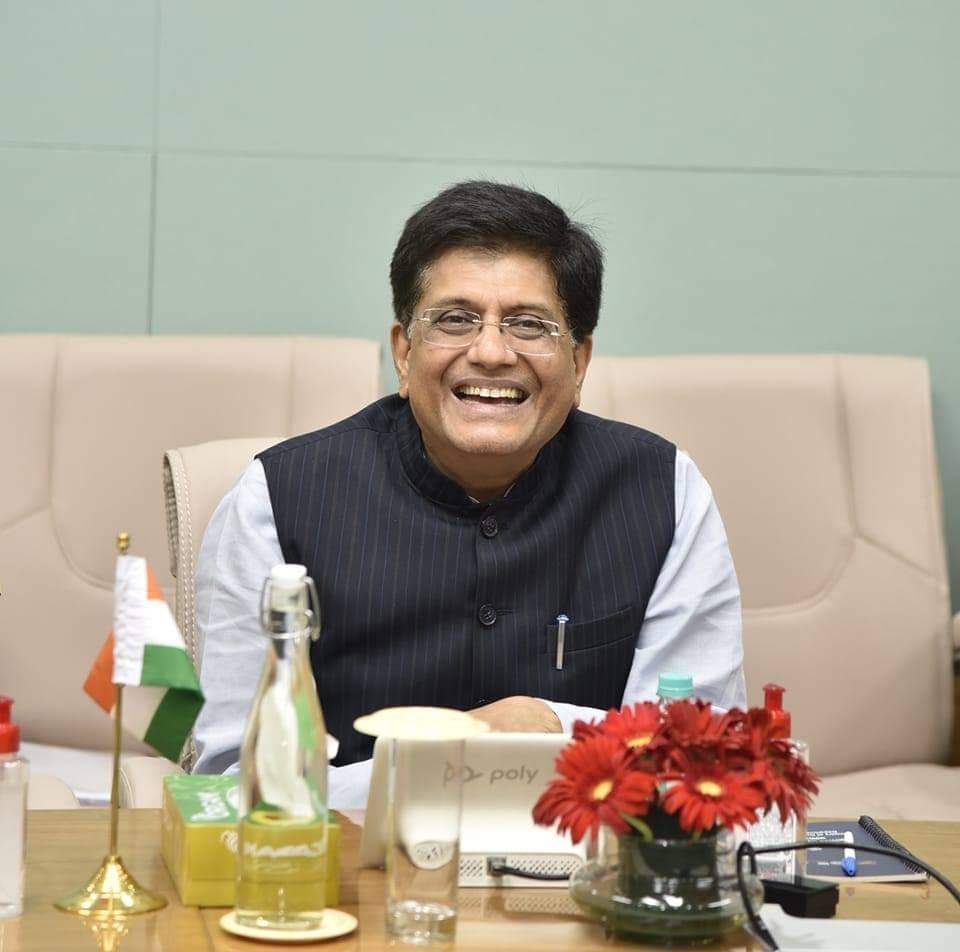Andhra Pradesh is set to establish South Asia’s first “Quantum Valley”, a dedicated ecosystem for quantum computing, research, and technology development. The project, spearheaded by Chief Minister N. Chandrababu Naidu, marks a major step in aligning the state with India’s broader National Quantum Mission (NQM), launched in April 2023 with an allocation of ₹6,000 crore through FY31.
India’s First 158-Qubit Computer to Be Installed in Amaravati
According to Nara Lokesh, Minister for Information Technology, Electronics, and Communications, India’s first 158-qubit quantum computer will be operational in Amaravati by January 2026.
Speaking exclusively to Moneycontrol, Lokesh said, “India’s first 158-qubit computer is coming to Andhra Pradesh in January itself. We want to lead from the front and build an ecosystem that propels India’s quantum mission forward.” The state government has identified Amaravati as the hub of this deep-tech revolution, with the Quantum Valley envisioned as a cluster of research institutions, startups, academic centers, and quantum hardware manufacturers.
In June 2025, CM Naidu and top officials unveiled the Quantum Valley roadmap — a multi-phased program that integrates infrastructure, research, education, and enterprise support. The ecosystem will include:
- Quantum Computing Centre: A high-performance research facility equipped with multi-qubit quantum systems for experimentation and simulations.
- Quantum Research Park: A 50-acre innovation and incubation hub housing global tech partners, R&D firms, and homegrown startups.
- Quantum Academy & Education Initiatives: New degree and training programs in collaboration with IITs, IIITs, and international universities.
- Hardware Manufacturing Cluster: Facilities for producing indigenous quantum components — superconducting chips, cryo-electronics, and photonic circuits.
Full-scale operations are slated to begin on January 1, 2026.
The Quantum Valley initiative directly supports India’s National Quantum Mission, which aims to develop interconnected quantum computers with up to 1,000 qubits over the next seven years. The project also aligns with India’s efforts to strengthen its position in the global quantum technology race, competing with countries like the U.S., Canada, Japan, and China in high-performance computing and quantum cryptography.
Minister Lokesh noted that Andhra Pradesh intends to be the first Indian state to implement a complete quantum innovation framework, spanning education, hardware, software, and commercial deployment.
“We are creating a vibrant ecosystem, not just a lab. This is about nurturing startups, research talent, and industry partnerships that can define India’s next technological leap,” he said.
Balancing Welfare and Development
Beyond technology, Lokesh spoke of Andhra Pradesh’s renewed development strategy — one that balances welfare with innovation-led growth.
He recalled that following the state’s bifurcation in 2014, Andhra lost its capital and industrial base. “People never wanted bifurcation. They had no capital city or economic powerhouse left. But under CM Naidu’s leadership, we rebuilt momentum through investment and development.”
Lokesh said that during Naidu’s earlier tenure (2014–2019), Andhra regained investor confidence and laid the foundation for Amaravati’s smart city and tech clusters. The Quantum Valley now represents the next phase of that vision.
“We are not reducing welfare — we are ensuring it goes hand-in-hand with large-scale development,” Lokesh emphasized.
Centre–State Collaboration and Funding
The Andhra government is also working closely with the Government of India to secure support under the National Quantum Mission. Lokesh said that while the Centre has made funding available, no other state has shown comparable initiative.
Lokesh reiterated the state’s intention to seek what is rightfully due under the Andhra Pradesh Reorganisation Act while remaining aligned with national priorities. “We will definitely ask for what was promised to us, but at the same time, we’re championing the initiatives of the Honourable Prime Minister. The Centre is looking for states willing to move fast, attract investments, and Andhra Pradesh is one such state,” he said.
Under the project’s financial model, the state expects to attract over $1 billion (₹8,300 crore) in private and institutional investment by 2029. A dedicated ₹1,000-crore Quantum Innovation Fund will support startups, R&D partnerships, and quantum hardware manufacturing.
With work already underway in Amaravati, Andhra Pradesh aims to host Asia’s largest integrated quantum innovation hub by 2026. By fostering collaboration between academia, government, and private players, the state hopes to generate thousands of high-skilled jobs and position India as a global contender in quantum technology, a field that promises breakthroughs in cryptography, AI, defense, healthcare, and climate modeling.
Image- x.com









